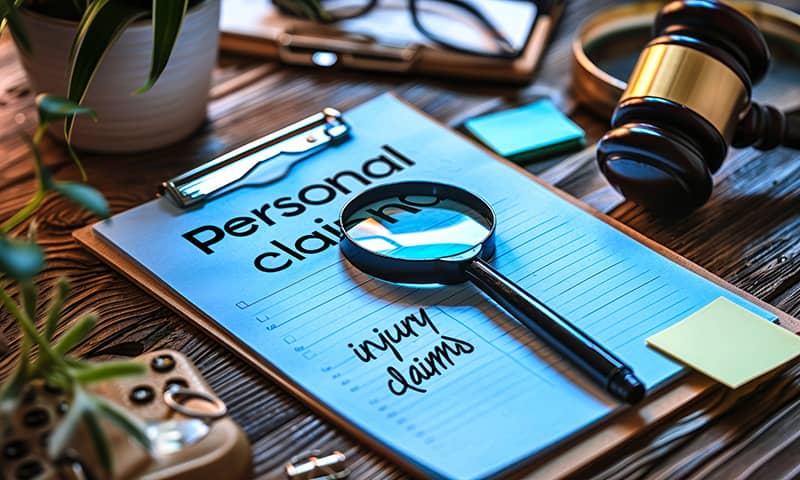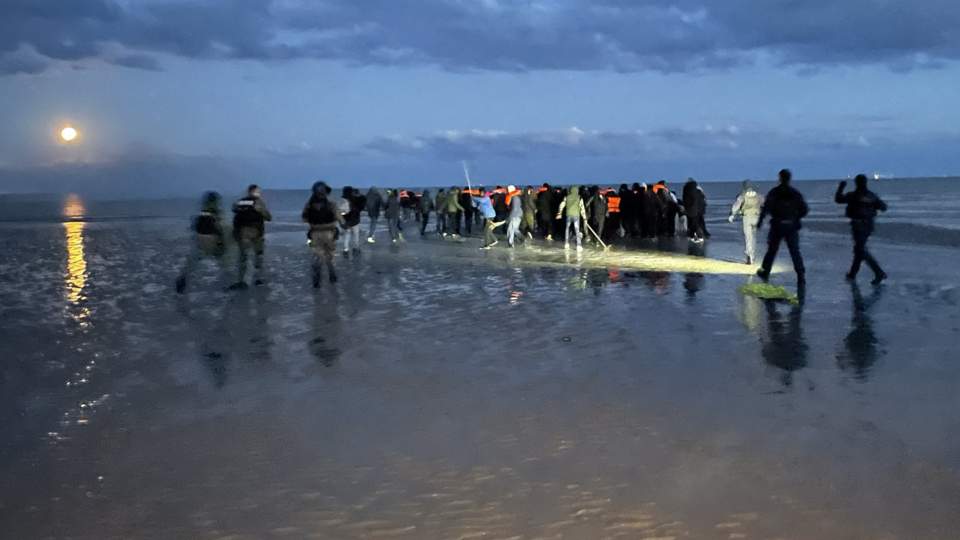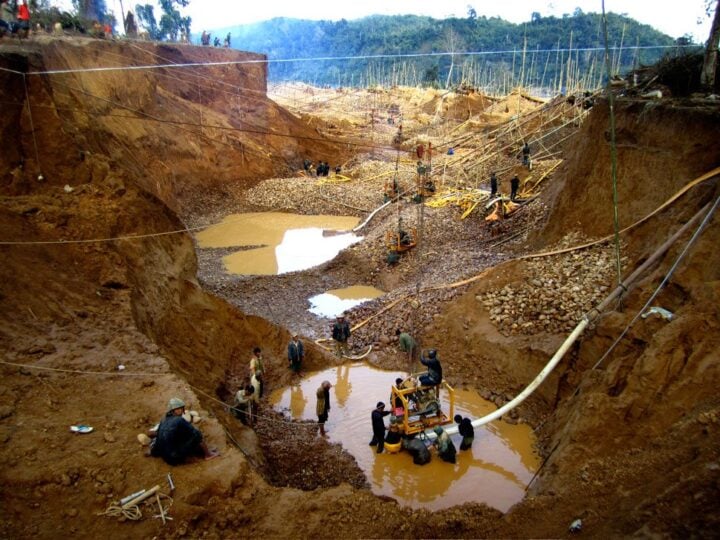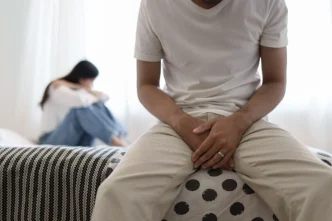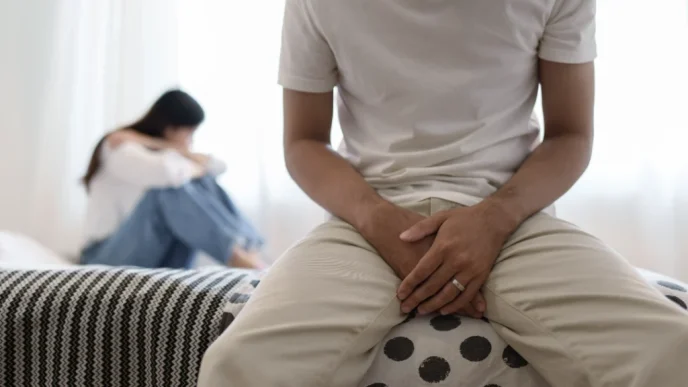BY MICHAEL ODUNLAMI
Negligence happens every day around us in Nigeria, often with serious consequences following an accident. It occurs when someone who is supposed to act carefully and responsibly fails to do so, and another person ends up injured or harmed as a result. Many Nigerians suffer from road accidents, workplace injuries, unsafe buildings, collapsed buildings during constructions, or poor medical care because someone else was careless or reckless in some instances or when discharging their various professional duties. Unfortunately, most victims do not know they have rights under the law or that they can ask for compensation from the wrongdoers, mostly relying on “The will of God” as a reason to be indolent.
To explain it clearly in simple terms, negligence means carelessness that causes harm to others, as we have abundantly explained in our previous episodes. It can happen in different ways. On the road, for example, a commercial bus driver may be rushing to pick passengers, speeding in a dangerous area, and end up hitting a tricycle or pedestrians. Or a learner driver may enter the roads or expressway without proper signs or supervision, thereby causing an accident and injuring other road users while also endangering lives. These are real-life examples we see often, and they are all forms of negligent behaviours.
The law in Nigeria says every road user must drive carefully and obey traffic rules. The Federal Road Safety Act, Lagos State Road Traffic Law & Regulations 2018 and the Highway Code make this very clear. If a driver breaks these rules and someone gets hurt, that driver can be held responsible under negligent driving. The courts have also shown that people who cause injury by their careless actions can be forced to pay damages.
Advertisement
Negligence is not limited to road accidents or careless and reckless drivers. It also happens in many workplaces across Nigeria, especially in construction and manufacturing industries, where heavy machinery and equipment are used and safety is ignored. A good example is a factory where workers are not given protective gear, like gloves, boots, or helmets. If a worker loses a finger because of a machine accident and he wasn’t properly protected, that’s employer negligence. In Nigeria, the law requires employers to keep the workplace safe. The Factories Act and the Employees’ Compensation Act provide clear rules. The latter even allows workers to claim compensation if they are injured or die while doing their job due to employer fault. Where an employer fails to put these measures in place, they can be sued in negligence under Employer Negligence.
Another common situation is when people are injured on someone else’s property. This could be a tenant in a residential building where the staircase is broken and has not been repaired, or a customer in a supermarket who slips on a wet floor without any warning sign to indicate the floor is wet. The person who owns or controls the premises is expected to take reasonable care to prevent injuries, given the fact that the premises is open to the entire world, where visitors enter and exit at will. This conduct is regulated by Occupiers Liability Law. Even though Nigeria does not have a specific Occupiers’ Liability Act like the UK, which is regulated by Occupiers Liability Acts of 1957 and 1984, our courts still recognise this duty through common law principles.
The English case of Wheat v. Lacon teaches an important lesson with respect to occupiers’ liability. In this instant case, a man died after falling down a staircase in a poorly lit guest house, which essentially meant that the claimant fell down due to poor visibility. The court ruled that the occupier of the house was responsible for not fixing the light or warning guests. Nigerian courts still refer to cases like this when deciding similar matters here.
Advertisement
Hospitals and medical workers are not left out either. In Nigeria, we often hear stories of patients being given the wrong drugs or being ignored by doctors during emergencies. This is called Medical Negligence. Medical professionals, just like drivers and employers, also have a duty of care to their patients. When they fail in that duty, and someone is harmed or injured as a result, that is known as medical negligence. If a nurse injects a patient with the wrong doses or medicine or a doctor delays a surgery unnecessarily, and the patient suffers, the hospital can be held liable. A woman who is left unattended during childbirth and ends up with complications may have a claim in negligence.
The famous old English case of Bolam vs Friern Hospital Management Committee is also relevant here. The court said that a doctor is not negligent just because something goes wrong, but if the doctor acted in a way no responsible doctor would, then he can be liable. This principle still guides medical negligence cases in Nigeria today.
Another type of negligence that affects many educated Nigerians is professional negligence. This happens when professionals like lawyers, engineers, architects, and even accountants fail to do their jobs properly. For instance, if a lawyer forgets to file important court papers and the client loses a valuable land case, that is negligence. Or an engineer who builds a weak bridge that later collapses can be held responsible. This is a very frequent occurrence in Nigeria where buildings under construction suddenly collapse due to defects in design or compromise in building quality. These professionals have a duty to act competently and with care. When they don’t, they may be sued for damages. Nigerian courts have said clearly that professionals must meet a minimum standard.
Whether it is a traffic accident, a building injury, workplace hazard, or medical error, the law protects victims. If you are injured because someone was careless, you can make a claim. Firstly, you need to seek medical care, gather evidence. Then, it is important to consult a lawyer who understands personal injury law. They can help you file a claim in court or even negotiate compensation out of court as we clearly explained in our last episode.
Advertisement
Sometimes, your claim may go through a government agency. For example, if you were injured at work, you may report to the Nigeria Social Insurance Trust Fund (NSITF) under the Employees’ Compensation Scheme or sue your employer in negligence in court under the common law doctrine. If your injury was caused by a bad road, electric cable, or public facility, you can petition the appropriate authority or regulatory body such as the FRSC, Ministry of Works, or even your local government.
The legal process may sound difficult, but it is possible and necessary for two reasons. First, getting compensation may not have the capacity to return you completely to the position you were prior to the accident; particularly where the injury is serious, but may give you some monetary compensation in the form of payment to make up for the losses. Secondly, when victims keep quiet, careless people continue to harm others. But when people begin to speak up and demand justice, even drivers, landlords, and employers will start taking more care to ensure safety.
In simple terms, negligence means someone didn’t do what they were supposed to do or did what they were not expected to do, and you got hurt because of it. The law says that person (the wrongdoer or tortfeasor) should compensate you with money. To win a claim of this nature, your lawyer must demonstrate and prove certain legal requirements. Once you prove those ingredients, you can ask the court for money to cover your medical bills, lost income, and pain and suffering, popularly called general damages in law.
Many Nigerians don’t know they can sue for personal injury, or they think only rich people can. That is not true because, as we stated in our previous episodes, some law firms can help you commence your claim on a “No win No fee” basis, which means that you only pay them from the money you are paid by the wrongdoer through court judgment if they win the case. Everyone has a right to safety, and everyone deserves justice when harmed, particularly when it is caused by carelessness or recklessness of others. Whether you’re a bus passenger, a factory worker, a tenant, or even just a pedestrian, if someone’s carelessness puts your life or health at risk, you can take action by reaching out to an experienced personal injury lawyer who may be able to advise you of the strength of your case.
Advertisement
Negligence cases are not just about money. They help to make our society safer and better. When employers know they can be sued, they start giving workers helmets, googles and other Personal Protective Equipment (PPE). When hospitals know they can be sued, they will learn to take patients’ treatment more seriously. When landlords realise that they can be sued, they start repairing their buildings, and the same applies to property developers who use substandard materials during construction. This is how the law helps protect people and improve behaviour and accountability.
In the end, knowing your rights is the first step. The next is speaking up. If you or someone you know has suffered harm due to someone’s carelessness, don’t suffer in silence. Talk to an experienced personal injury lawyer, gather your evidence, and begin your journey toward justice. Remember that where there is blame, you may have a claim.
Advertisement
This article is meant for general understanding. If you believe you’ve suffered harm due to another person’s fault, it’s best to speak with a qualified personal injury lawyer who can guide you based on the facts of your case.
Michael O. Odunlami is a Lagos-based personal injury lawyer at Claybrook Attorneys. He can be contacted via [email protected]
Advertisement
Views expressed by contributors are strictly personal and not of TheCable.
